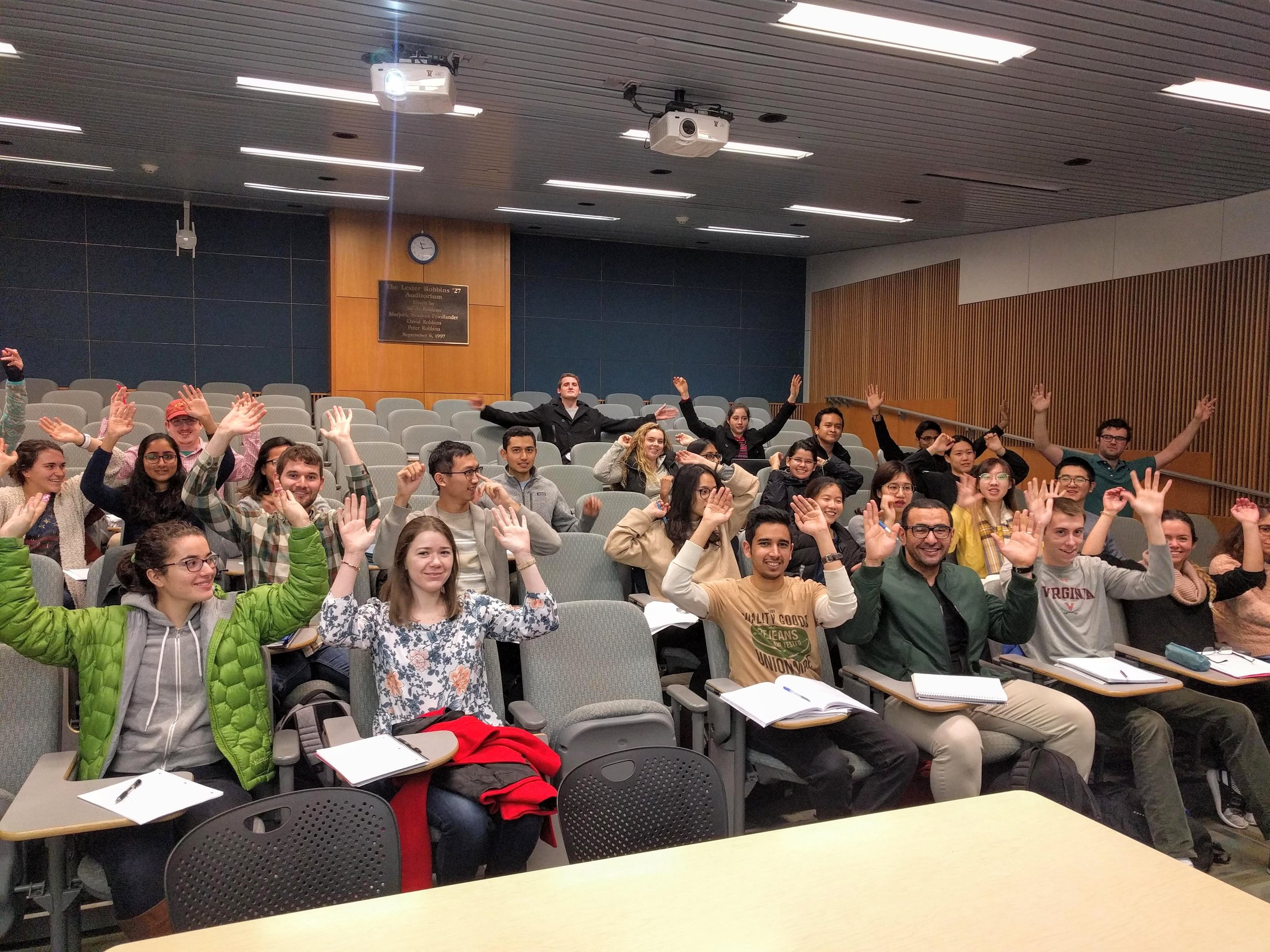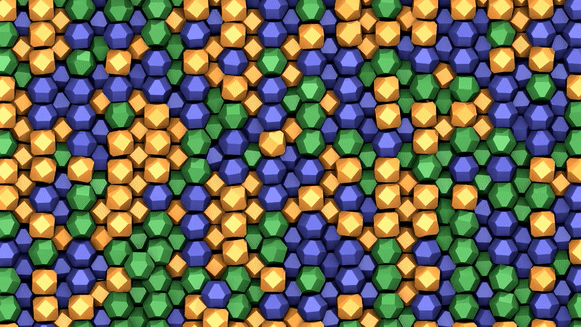My Teaching Philosophy
“I think he is great at teaching and helping us understand the material. “
“He could be a professor.”
“The amount of time he dedicates to helping students is above and beyond.”
- Student Reviews, CHEME 7110: Advanced Thermodynamics My teaching philosophy is synthesized from the experiences I have had as a student, instructor, teaching assistant, lab facilitator, and mentor. I was present in engineering classrooms as a student for nine years spanning a broad coursework. My very first teaching experience came as an instructor for five lectures for advanced thermodynamics (CHEME 7110), for which I was also a teaching assistant. I also was a lead TA facilitator for the undergraduate unit operations lab (CHEME 4320), where the experiments spanned everything from process control to full 40-foot distillation towers. Finally, in my postdoc, I mentored two PhD students in their research which gave me experience with personalized teaching.
My teaching philosophy can be summed up as follows:
Teach Everyone
Each student presents uniquely, and I believe in taking that into account in my teaching and spending effort to meet them where they are with a growth mindset.
Teach How to Learn
While any course curriculum has its subject matter, a higher-level goal shared by all courses, in general, is to induce among the students a capacity to learn.
Teaching Should be Fun
As a science communicator who has addressed audiences of all ages, one common thread that connects all learners is play. The inclusion of play results in engagement, which is dearly needed in the age of shrinking attention spans.
“It was great to have you as the TA! I appreciate your approach of keeping things fresh and humorous but at the same time clearing everyone's doubt and trying to explain things in a simpler manner. Feel lucky to have you as the TA for thermo and I hope you continue as the TA for the future as well! Thank You!”
- personal email at the end of course, CHEME 7110 Student Advanced Thermodynamics
CHEME 7110, Fall 2018, Cornell University
I had the pleasure of being the teaching assistant for my PhD advisor Fernando Escobedo. In addition to the regular TA duties like grading and office hours, I helped develop homework problems, and for 5 lectures I stepped in as an instructor! I got to develop and teach a short module on information entropy. I adapted a few problems from existing texts and condensed a recent paper into a short homework problem that connects entropy to data compression.
My CHEME 7110 class!
Unit Operations Laboratory
CHEME 4320, Fall 2019, Cornell University
I found myself getting back to my experimentalist undergraduate self when I was asked to be the lead TA for the Unit Operations Laboratory, where I had the unique opportunity to run large-scale experiments with undergrads, translating theory into practice.
“Abhishek is great at explaining what needs to be done to complete each lab while not being overbearing.”
“Patient and helpful in lab!”
- Student Reviews, CHEME 4320a window to a distillation tray in vapor-liquid equilibrium for a 40ft distillation tower!
Science and Film
A course exploring the unique intersections of the two
In the Fall of 2022, I had the unique opportunity to participate in a diverse team at STAGE Lab at UChicago to put together a curriculum for a new course on Science and Film. We put together a workable plan to address both science and art audiences at an undergraduate level. An example of a film students could produce by the end of the course is on the right. The course was presented as a poster at 2023 Symposium of Engineering and Entertainment at Purdue University.
splitting time. from my personal art project called diffraction
Patterns: Math, Physics, and Art
A proposed interdisciplinary course
A future course that I intend to teach that borrows from my competences to understand how patterns emerge in abstract, natural, and artistic contexts. The tentative course syllabus, which is continually updated, ranges from Alan Turing’s work on morphogenesis to artistic work by M.C. Escher. Please have a read of the syllabus and let me know what you think, and if there is something you’d like me to add to it!
Computer Simulations and Simulacra
A course on simulation and epistemology
As a scientist who has performed computer simulations for the better part of the last decade, I find the question of modeling and simulating reality to be a very interesting one. In this course, I would like to explore the questions the lie at the core of obtaining knowledge. What does it mean to simulate something? Do we know something even as a computer calculated it? Do we live in a simulation? The course will ask these questions and span readings from philosophy and computer science, hands-on simulation experience, and film viewings (of The Matrix, of course).
Audio Metaphors
STAGE Lab, Spring 2023
I had the pleasure to give this talk at STAGE Lab, PME where I explored intriguing connections between audio perceptions and their metaphorical power. I use several examples spanning podcasts, music, and even performance art!
Past Talks
My PhD defense! Thanks to LinkedIn and Twitter, I somehow ended up with about a dozen people in the audience without any background in my research area. It was a challenge to make this one accessible. Was I successful? You be the judge!
“The Austin Hooey Graduate Research Excellence Recognition Award is the highest award given to a graduate student. It recognizes outstanding contributions to scholarship, service, and research toward a Ph.D. “
It was an honor to receive this award. This is probably my best attended talk, where I pour out my PhD story.




